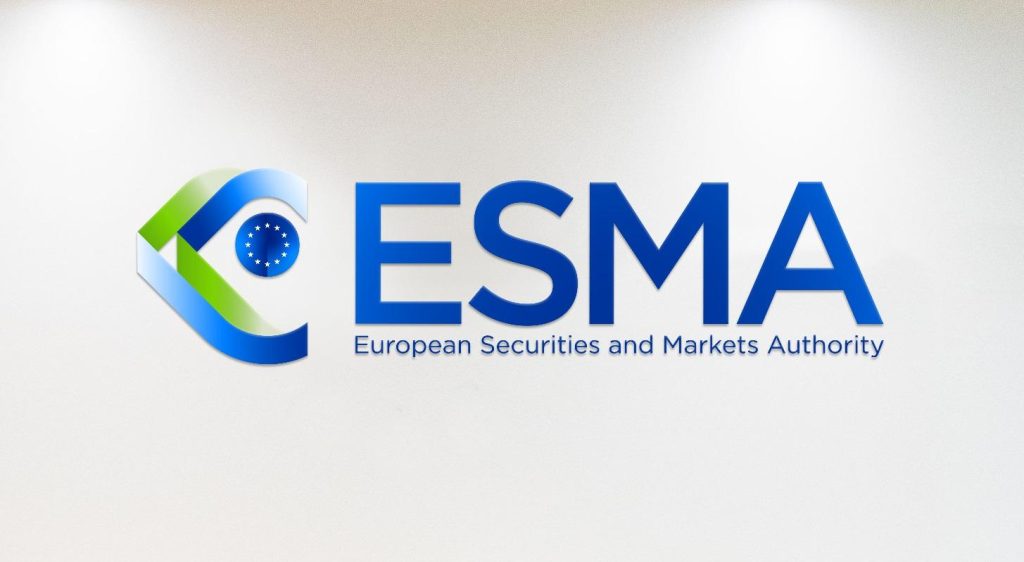EU markets regulator the European Securities and Markets Authority (ESMA) announced the release of a new thematic note aimed at guiding market participants including issuers and fund managers on its expectations for sustainability-related claims, and avoiding greenwashing risks in investor communications.
Marking the first in a series of thematic notes, the new publication focuses on ESG credentials, or claims made primarily in retail investor-focused communications such as references to qualifications, labels, ratings, certificates, which ESMA said “can be misleading in several ways. For instance, by overstating the significance of having a given label, of receiving an ESG award, of being signatory to a voluntary framework, etc.”
Specific ESG credential claims highlighted by ESMA in its note include industry initiatives, such as involvement in net zero alliances or doing voluntary sustainability reporting under specific frameworks, labels and awards, and comparisons to peers.
While not adding any new requirements, the new note sets out four key principles for market participants making sustainability claims to ensure that they are fair, clear and not misleading, with claims required to be Accurate, Accessible, Substantiated and Up to Date.
Under the “accurate” principles, ESMA outlines that sustainability claims should fairly and accurately represent the entity’s or financial product’s sustainability profile, without exaggeration and consistently across communications, that claims should be precise, based on all relevant positive and negative aspects, and should avoid omissions, cherry-picking and vagueness, as well as references to irrelevant information. In order to meet the “accessible” principle’s expectations, ESMA advises that claims should be based on sustainability information that it easy to access and at an understandable level of detail, and not overly simplistic.
ESMA also guides that claims should be “substantiated” with clear and credible reasoning, facts and processes, with substantiation based on methodologies that are fair, proportionate and meaningful, and with limitations on data and metrics made clear, while comparisons should be clear on what is being compared and how the comparison is made. Additionally, the note guides the claims should be “up to date,” with timely disclosure of any material changes.
In its publication, ESMA also lists a series of “Do’s” and “Don’ts” and examples of good and poor practices for ESG credentials in general, and for claims about industry initiatives, labels and awards and comparisons to peers. For example, the note guides market participants when making claims about industry initiatives to clarify what the initiative means in terms of aspects such as process and extra reporting requirements, and it participation requires delivering on any targets, and to not continue to reference the initiative once the company has left or to cherry-pick information about what it means to be a signatory.
The new thematic note forms part of a series of actions by ESMA, as well as by its European financial sector supervisory peers, The European Banking Authority (EBA), and The European Insurance and Occupational Pensions Authority (EIOPA) (collectively the European Supervisory Authorities, or “ESAs”), following a request in 2022 by the European Commission for input from the ESAs on greenwashing and its related risks in the financial sector, and on the supervisory actions taken and challenges faced to address those risks. The ESAs published their initial reports in response to the Commission’s request in 2023, identifying key sources of greenwashing risk in their respective sectors, and final reports in 2024, outlining the supervisory responses to greenwashing risks, while also highlighting a need for enhanced supervision going forward, and called for regulators to be given increased tools and responsibilities to address greenwashing.
Click here to access ESMA’s thematic note.

